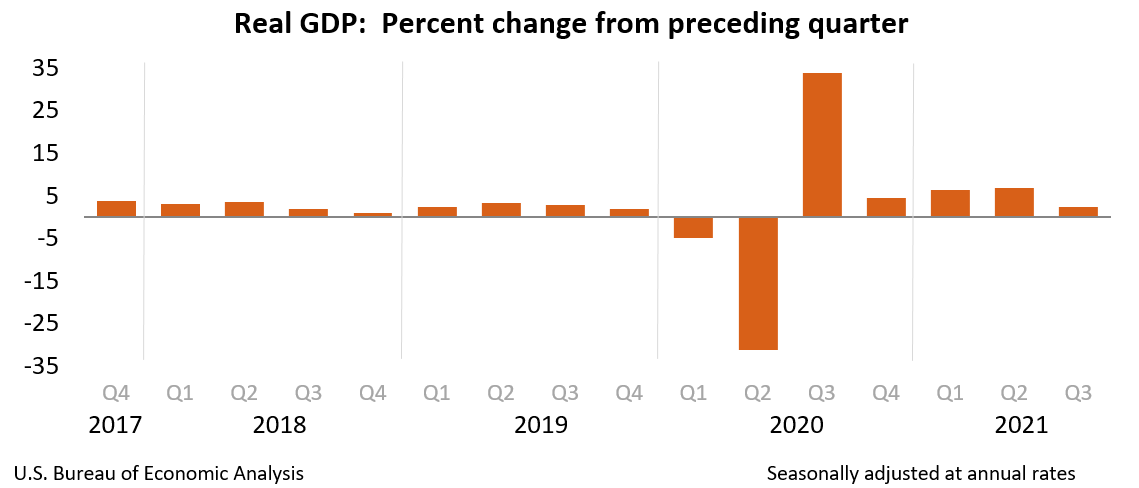Whatever shred of credibility Fareed Zakaria retained as a conservative pundit from his celebrated book The Future of Freedom has now been officially lost thanks to follow-ups like The Post-American World and today’s essay “Does America Need a Prime Minister?”
In the essay, Zakaria uses the recent S&P downgrade of American sovereign debt to note that “no country with a presidential system has a triple-A rating from all three major ratings agencies.” He then uses this to support his thesis that the United States would be better served by chucking separation-of-powers and moving to a British-style parliamentary system where the executive and legislative branches are the same. After all, Britain still has a triune triple-A rating!
How wonderfully anti-American of the Harvard PhD. Throughout the essay one realizes that Zakaria has wandered so far from the insights of the Founding generation that he now endorses the very system – and possibility for tyranny – that the American Revolution fought to end. So too did another PhD-turned-constitutional-scold: Woodrow Wilson, the godfather of America’s progressive movement.
Wilson believed that government needed to be professionalized and removed from popular control so that it could act quickly and decisively to cure whatever ailed the populace. He favored the parliamentary system because it gave enormous power to one man: the Prime Minister.
To appreciate how far Zakaria has wandered from core American principles about the proper way to construct a government, consider this passage from today’s essay:
In the American presidential system, in contrast, you have the presidency and the legislature, both of which claim to speak for the people. As a result, you always have a contest over basic legitimacy. Who is actually speaking for and representing the people?
In America today, we take this struggle to an extreme. We have one party in one house of the legislature claiming to speak for the people because theirs was the most recent electoral victory. And you have the president who claims a broader mandate as the only person elected by all the people. These irresolvable claims invite struggle.
There are, of course, advantages to the American system – the checks and balances have been very useful on occasion. But we’re living in a world where you need governments that are able to respond decisively and quickly. In a fast-moving world, paralysis is dangerous. Other countries are catching up – if not overtaking – America.
Who are these other countries? Members of the European Union with a currency and debt crisis several times worse than our own? China with its unsustainable population demographics and monetary policy? Arab dictatorships that are being toppled by the month? Latin American oligarchies that nationalize industries to buy off the masses with the wealth of entrepreneurs?
The problem we are experiencing in Washington, D.C. is not America’s constitutional design of checks-and-balances and separation-of-powers. If anything, the ability of the House GOP to slow down the liberal agenda to tax-and-spend the nation into bankruptcy is due solely to the very “paralysis” intended by our constitutional framework.
If Zakaria wants to end the paralysis in D.C., he should vote for pro-growth fiscal conservatives in 2012 and urge all of his readers to do the same.





 CFIF Freedom Line Blog RSS Feed
CFIF Freedom Line Blog RSS Feed CFIF on Twitter
CFIF on Twitter CFIF on YouTube
CFIF on YouTube